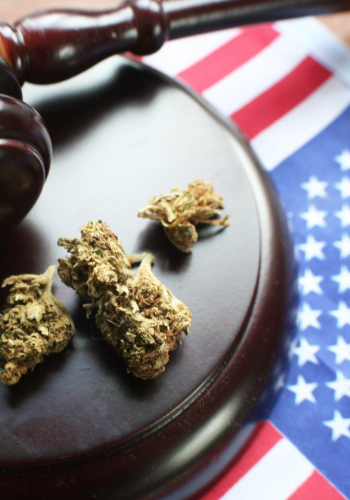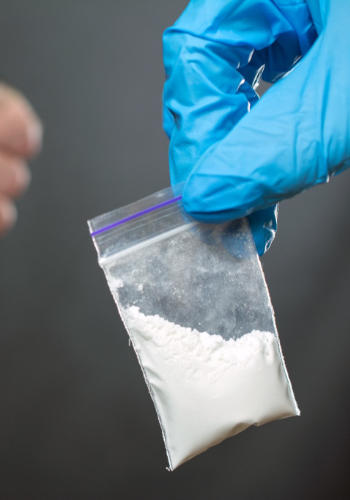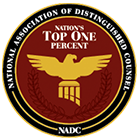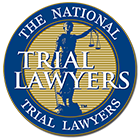Drugged Driving: Is Medical Marijuana Exempt?

According to California law, a person is guilty of DUI if he or she is (1) driving under the influence of any alcoholic beverage or drug, OR (2) driving while addicted to a drug. Cal. Veh. Code §§ 23152(a),(c). Driving while addicted (when they have emotional and physical dependence on a drug) is specified in the law because of the altered state of consciousness experienced when a drug addict is experiencing withdrawal symptoms.
There is no exception in the law regarding medicinal marijuana use. It’s not an acceptable defense to a drugged driving charge to claim that the driver is legally entitled to use the controlled substance, and that includes medical marijuana users. Like drunk drivers, drugged drivers often have slowed reaction time, impaired judgement of time and distance, and are more likely to weave between lanes.
Studies surrounding the true effects of marijuana on driving capabilities have been conducted, with mixed results. It is difficult to precisely measure the number of accidents directly caused by drugged driving, as so often those accidents also involve alcohol- so how is the substance perpetrator in the accident accurately identified? Along the same vein, tests for drugs will result positively up to four to five weeks following use, so there is no way to conclusively detect how impaired the driver actually was at the time of the accident. Is drugged driving really as dangerous as drunk driving? A study was performed in Virginia Beach, VA for a period of 20 months. It used 3,000 drivers who have crashed, and 6,000 crash-free drivers for comparison. The study found that though drugged drivers were more likely to be in an accident, the increase in risk was not necessarily connected to the use of marijuana. It is more likely linked to the idea that the group most likely to use marijuana (young men in their twenties), are more likely to partake in reckless driving practices.
Another indication drugged driving is not as severe as drinking and driving lies in the awareness of stoned drivers. They are more likely to be aware they are impaired, and will compensate through slower driving and make less rash maneuvers; whereas a drunk driver’s inhibitions are completely lost, and they are more prone to rash decisions and reckless maneuvers. This is not to say drugged driving is safe; it is never advisable to get behind the wheel when impaired, and marijuana can impair judgement, reaction times, and physiomotor skills. The penalties for drugged driving are as follows:
- First offense: a period of six to 96 months in jail; fine of $390-$1000
- Second offense: (within 10 years) a period of 90 days to one year in jail; fine of $390 to $1000; license suspension for two years; offender must complete a DUI program.
- Third offense: (within 10 years) – a period of 120 days to one year in jail; fine of $390 to $1000; license suspension for three years; ignition interlock device required; offender must complete DUID program.
- The above penalties are likely to be enhanced if another individual was caused bodily harm in the incident.
If you or someone you know has been charged with DUID or been in an accident involving medical marijuana, alcohol, or narcotics, call Glew & Kim Law at 714-648-0004 for a free case review.














